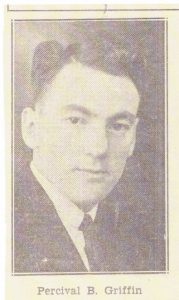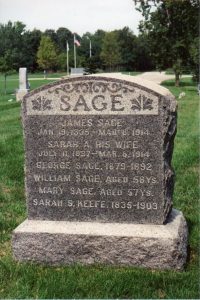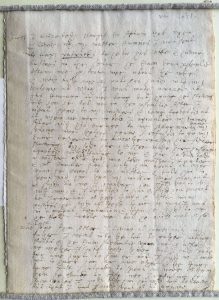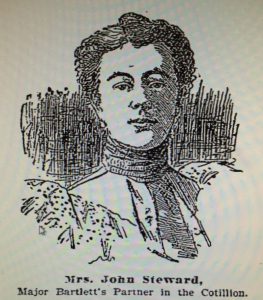
61 Bowdoin Street, Boston, 16 April 1865: Vice President Johnson[2] was sworn into office yester’y morning in place of our beloved President Lincoln. He is said to be a man of great natural ability but very uneducated. Has been very influential among the loyalists of Tennessee & the West. He was so disgracefully drunk on the 4th of March as to mortify and alarm us all very much. But we hear since that that was an accident – he is habitually a thoroughly temperate man, and was overcome then by what would have affected most men not at all, owing to his being so entirely unaccustomed to the use of stimulants. If he will but keep good advisers about him! And we will hope so. It is said his wife taught him to read and write after their marriage! Continue reading ‘Nothing from the Boston Courier’







